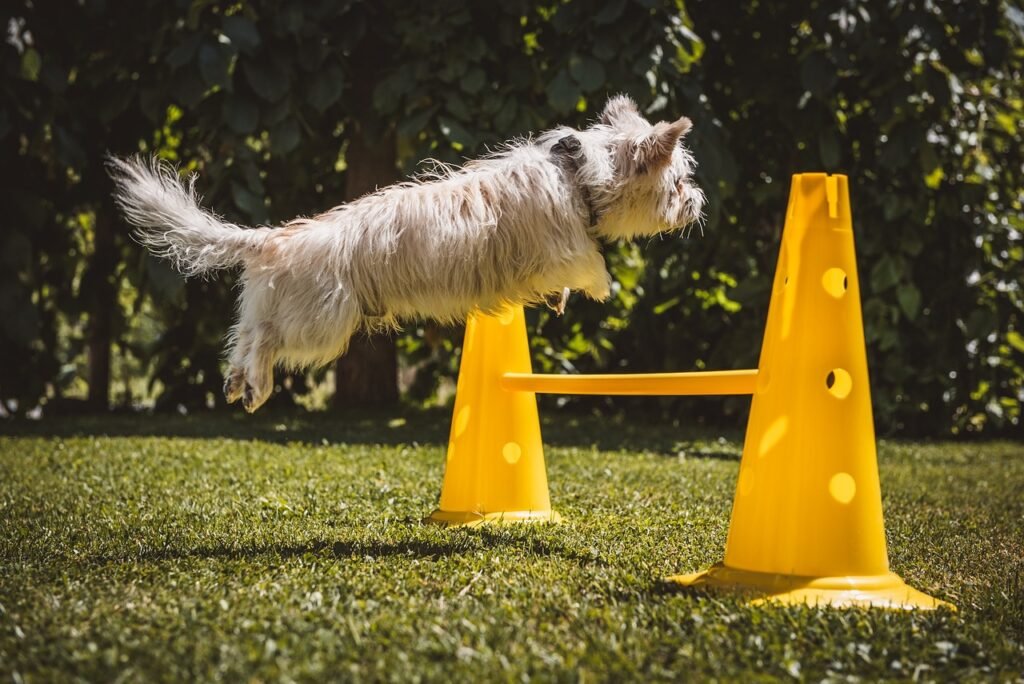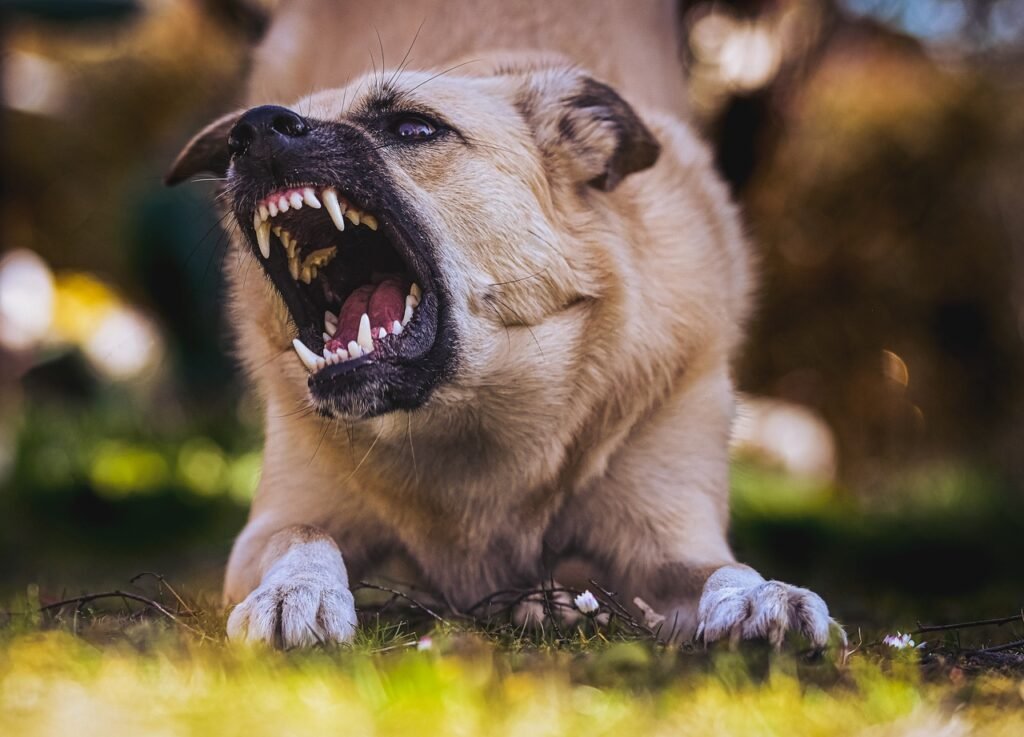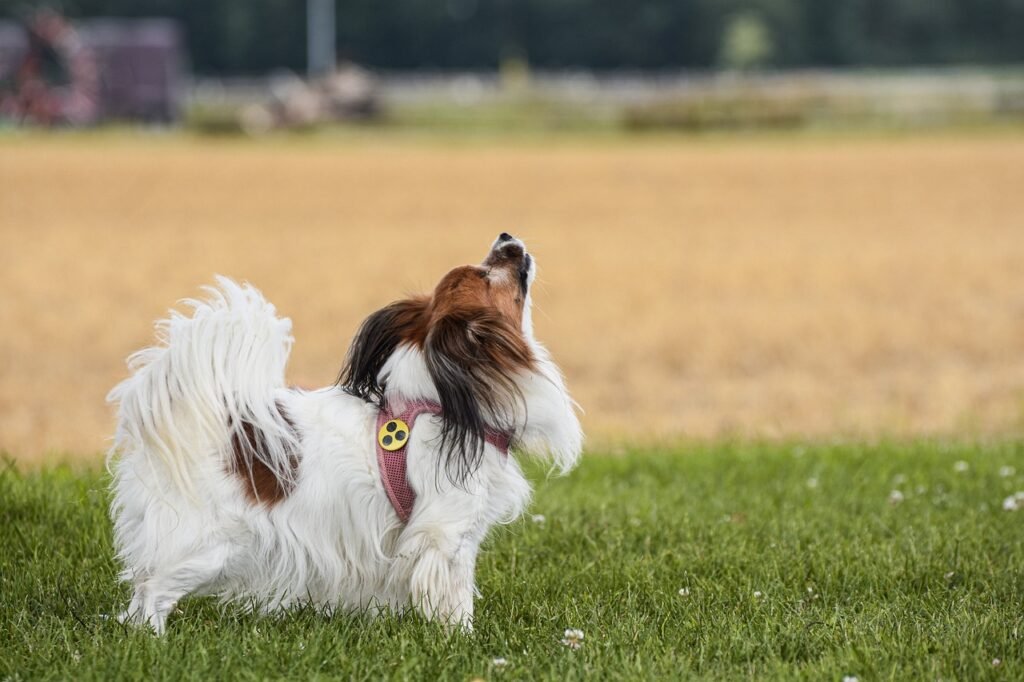
Intro
As our furry companions age, they may start to face a myriad of health issues that can impact their quality of life. From joint pain to cognitive decline, senior dogs require special attention and care to navigate the challenges that come with aging. In this blog post, we will explore the common health problems that elderly dogs frequently face and discuss the best remedies to manage these issues effectively.
Navigating the Hurdles of Joint and Bone Health in Aging Dogs

Joint and bone health becomes a paramount concern as our canine companions enter their senior years. The wear and tear of a lifetime start to manifest in forms like arthritis and degenerative joint diseases, leading to noticeable discomfort and a decrease in mobility for our four-legged friends. The journey to ensuring the well-being of an aging dog involves an integrated approach that focuses on both prevention and management of these age-related conditions.
Incorporating targeted nutrition plays a pivotal role in supporting joint health. Diets enriched with omega-3 fatty acids, known for their anti-inflammatory properties, can be particularly beneficial. The addition of supplements, such as glucosamine and chondroitin, has also shown promising results in promoting cartilage repair and maintenance. These supplements can serve as valuable tools in our arsenal against the progression of joint diseases.
However, it’s not just about what our senior dogs consume; how we care for them plays an equally important role. Maintaining a routine of gentle, yet consistent exercise helps in keeping the joints flexible and the muscles strong, providing much-needed support to aging bones. It’s a delicate balance, as too much activity can exacerbate joint issues, while too little can lead to stiffness and further decline in mobility.
Environmental adaptations can also ease the daily lives of senior dogs with joint and bone issues. From orthopedic beds that provide extra cushioning for sore joints to ramps that allow easier access to favorite spots without the need to jump or climb stairs, small changes in the home environment can make a big difference.
The path to managing joint and bone health in aging dogs is multifaceted, requiring a blend of nutritional, physical, and environmental support. By adopting a comprehensive care strategy, we can significantly enhance the quality of life for our senior canines, allowing them to navigate their golden years with grace and comfort.
The Silent Threat of Dental Diseases in Elderly Canines

Dental diseases in elderly canines often lurk beneath the surface, silently compromising their well-being. As our senior dogs age, the risk of periodontal disease, tooth decay, and oral infections escalates, posing not just a threat to their oral health but potentially leading to more systemic health issues. The insidious nature of dental diseases means they can progress significantly before owners become aware, making prevention and early detection critical.
Implementing a robust dental care routine is paramount. Daily tooth brushing, while it may seem daunting, becomes an invaluable practice in thwarting the accumulation of plaque and tartar, key culprits behind dental disease. Introduction to this habit should be gradual and positive, ensuring it becomes a stress-free part of daily life for both you and your pet.
Dental check-ups are equally crucial. Regular professional cleanings and examinations by a veterinarian can catch problems early, when they are most treatable, and provide an opportunity to assess the overall oral health landscape of your senior dog. Additionally, integrating dental chews and specific foods designed to reduce plaque can complement your dog’s dental care regimen, acting as an additional line of defense against dental decay.
The silent threat of dental diseases in elderly canines underscores the need for a proactive approach. By prioritizing oral health through consistent care, regular veterinary check-ups, and a keen eye for changes in your dog’s mouth, you can protect your senior dog from the pain and discomfort dental diseases bring, and ensure they maintain a healthy, happy life.
Weight Management: A Balancing Act for Senior Dog Well-being

In the twilight years of a dog’s life, the pendulum of health often swings towards the risk of obesity, a concern that should not be taken lightly. Excess weight in senior dogs acts as a catalyst, accelerating the deterioration of their overall health. It places undue stress on already aging joints, strains the cardiovascular system, and predisposes these venerable companions to a myriad of health complications. Thus, striking a balance in weight management becomes a critical component of their care, ensuring that they can enjoy their golden years to the fullest.
Crafting a weight management plan that aligns with the unique needs of your senior dog requires a thoughtful approach. Begin by evaluating their current diet. As metabolism slows with age, the caloric needs of senior dogs decrease. Adjusting meal portions accordingly, while ensuring the diet remains rich in essential nutrients, is fundamental. This may involve transitioning to specially formulated senior dog food that caters to their changing dietary needs.
Exercise, though its intensity may need modification, remains an indispensable part of this balancing act. Engaging in low-impact activities, such as leisurely walks or gentle play, not only aids in maintaining a healthy weight but also supports joint health and mental well-being.
Collaboration with a veterinarian is paramount. They can provide valuable insights into the ideal weight range for your senior dog, help tailor a diet and exercise plan, and monitor progress. This partnership ensures that weight management strategies are both effective and safe, accounting for any other health issues that may be present.
In essence, managing the weight of a senior dog is a delicate dance—one that requires patience, dedication, and a keen understanding of their evolving needs. By committing to this aspect of their care, we honor the bond shared with our faithful companions, affording them the dignity and comfort they deserve as they age.
Combatting the Onset of Vision and Hearing Loss in Aging Dogs

The twilight years of a dog’s life often bring with them a gradual decline in sensory capabilities, notably vision and hearing. Conditions such as cataracts and glaucoma for vision, alongside age-related hearing loss, are not uncommon among senior dogs. These changes can dramatically affect a dog’s ability to navigate their world, potentially leading to confusion and anxiety. Yet, with attentive care and adaptive strategies, we can mitigate the impact of these sensory declines, enriching the quality of life for our aging companions.
To navigate the challenges of vision loss, ensuring the living environment is safe and predictable is key. It’s beneficial to keep the layout of your home consistent, avoiding unnecessary movement of furniture which can confuse and disorient an aging dog. Incorporating contrasting colors in bedding, toys, and food bowls can also help those with diminishing vision to better distinguish their surroundings.
When addressing hearing loss, maintaining a connection with your senior dog involves a shift to more visual and physical means of communication. Hand signals, used consistently, can become an effective way to command and interact with dogs experiencing hearing difficulties. Additionally, keeping them on a leash during walks becomes even more crucial to prevent accidents.
Regular veterinary assessments play a crucial role in early detection and management of these sensory impairments. Specialized exams can diagnose the extent of vision and hearing loss, and in some cases, treatments or surgeries can address or slow the progression of these conditions. For instance, cataract surgery may restore sight, significantly improving a dog’s quality of life.
Adjusting to the evolving needs of a senior dog with sensory losses demands patience, understanding, and creativity. By creating a supportive environment and utilizing adaptive communication techniques, we can ensure our aging dogs continue to engage with the world around them, despite the challenges of vision and hearing loss.
Keeping the Mind Sharp: Addressing Cognitive Decline in Senior Dogs

Cognitive decline in our senior canine companions presents a complex challenge that mirrors the aging process in humans. Characterized by a decrease in mental acuity, this condition can manifest through noticeable alterations in behavior, such as confusion, disorientation, or a diminished interaction with their environment and loved ones. It’s a poignant reminder of the passage of time and the need for an adaptive care strategy to support our aging dogs’ mental well-being.
Addressing this facet of geriatric dog health requires a proactive and compassionate approach. Mental stimulation emerges as a critical component in nurturing a sharp mind. Engaging activities, puzzles, and toys designed to challenge cognitive functions can invigorate their thought processes, keeping their brains active and engaged. Incorporation of regular, albeit adjusted for physical capability, playtime stimulates not just their bodies but their minds as well, fostering a sense of purpose and involvement in their daily lives.
Dietary considerations also play a pivotal role. Foods specially formulated to support cognitive health in senior dogs, rich in antioxidants and omega-3 fatty acids, can contribute to mitigating the effects of cognitive decline. These nutrients support brain health, potentially slowing the progression of cognitive dysfunction symptoms.
While the journey through cognitive decline with our beloved senior dogs can be bittersweet, it’s laden with opportunities to deepen our bond with them. Through tailored activities, nutritional support, and an abundance of patience and love, we can help illuminate their golden years, ensuring they remain as mentally vibrant as possible. This dedicated approach to managing cognitive health underscores our enduring commitment to their well-being, as they continue to grace our lives with their presence.
The Fight Against Chronic Kidney Disease and Liver Issues in Elderly Dogs

In the lives of our cherished senior dogs, the specter of chronic kidney disease and liver issues looms large, marking a crucial battlefield for their well-being. These conditions often creep in silently, only revealing themselves through subtle yet alarming signs such as a decrease in appetite, unexplained weight loss, or a sudden change in water consumption. Recognizing these early indicators is vital, as it can set the stage for timely and effective intervention.
Addressing these ailments requires a multifaceted approach, tailored to the unique needs of each aging canine. Diet, unsurprisingly, plays a starring role in this strategy. Opting for specially formulated foods that alleviate the workload on these vital organs can make a significant difference. These diets are often lower in protein, phosphorus, and sometimes sodium, helping to manage the disease’s progression and contributing to a better quality of life.
Beyond nutritional adjustments, medication may also become a necessary component of the care plan. These pharmaceutical interventions can range from antibiotics to manage infections to drugs that help control blood pressure or correct electrolyte imbalances. Each serves as a valuable tool in stabilizing the condition and providing comfort.
Regular follow-ups with a veterinarian cannot be overstated in their importance. Through a combination of blood tests and ultrasounds, the health of these organs can be monitored closely, allowing for adjustments in treatment as necessary. Engaging in this proactive vigilance ensures that our senior dogs receive the care they need to navigate the complexities of kidney and liver issues, maintaining their health and happiness as they age.
The Importance of Regular Veterinary Visits for Senior Dog Health

Navigating the twilight years of a dog’s life requires a partnership between pet owners and veterinary professionals. Regular check-ups emerge as a cornerstone of this alliance, playing a pivotal role in the early detection and management of age-related health concerns. These visits allow for a comprehensive health evaluation, including blood work and physical examinations tailored to the nuanced needs of senior canines.
Through these assessments, veterinarians can uncover underlying issues that may not yet be apparent, from the subtleties of dental health to the complexities of organ function. This proactive approach facilitates the early initiation of treatments, optimizing the opportunity for positive outcomes. Furthermore, these consultations provide a forum for dialogue, where concerns can be addressed, and preventive strategies can be refined. Engaging in this rhythm of regular veterinary care enriches the bond with our aging companions, ensuring they receive the attentive and nuanced care necessary to thrive in their senior years.

